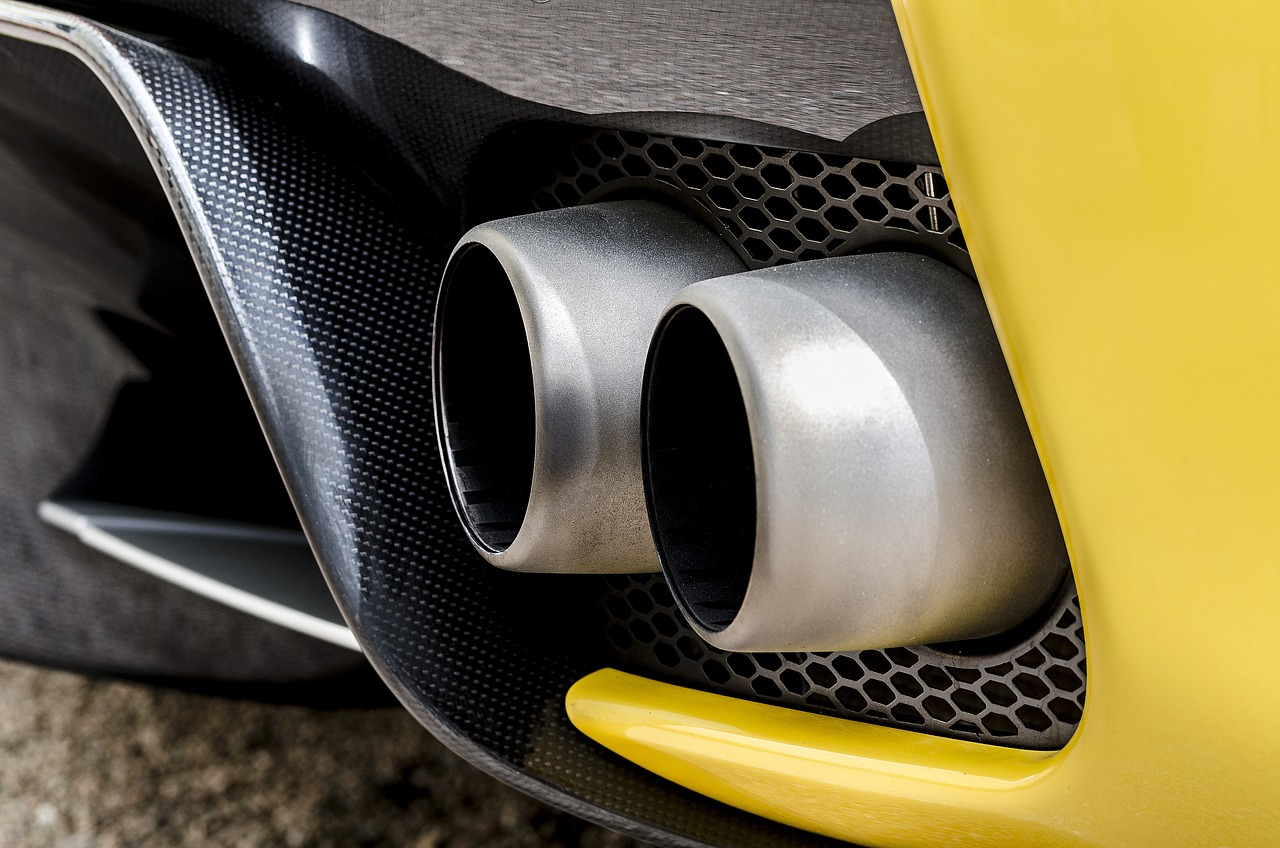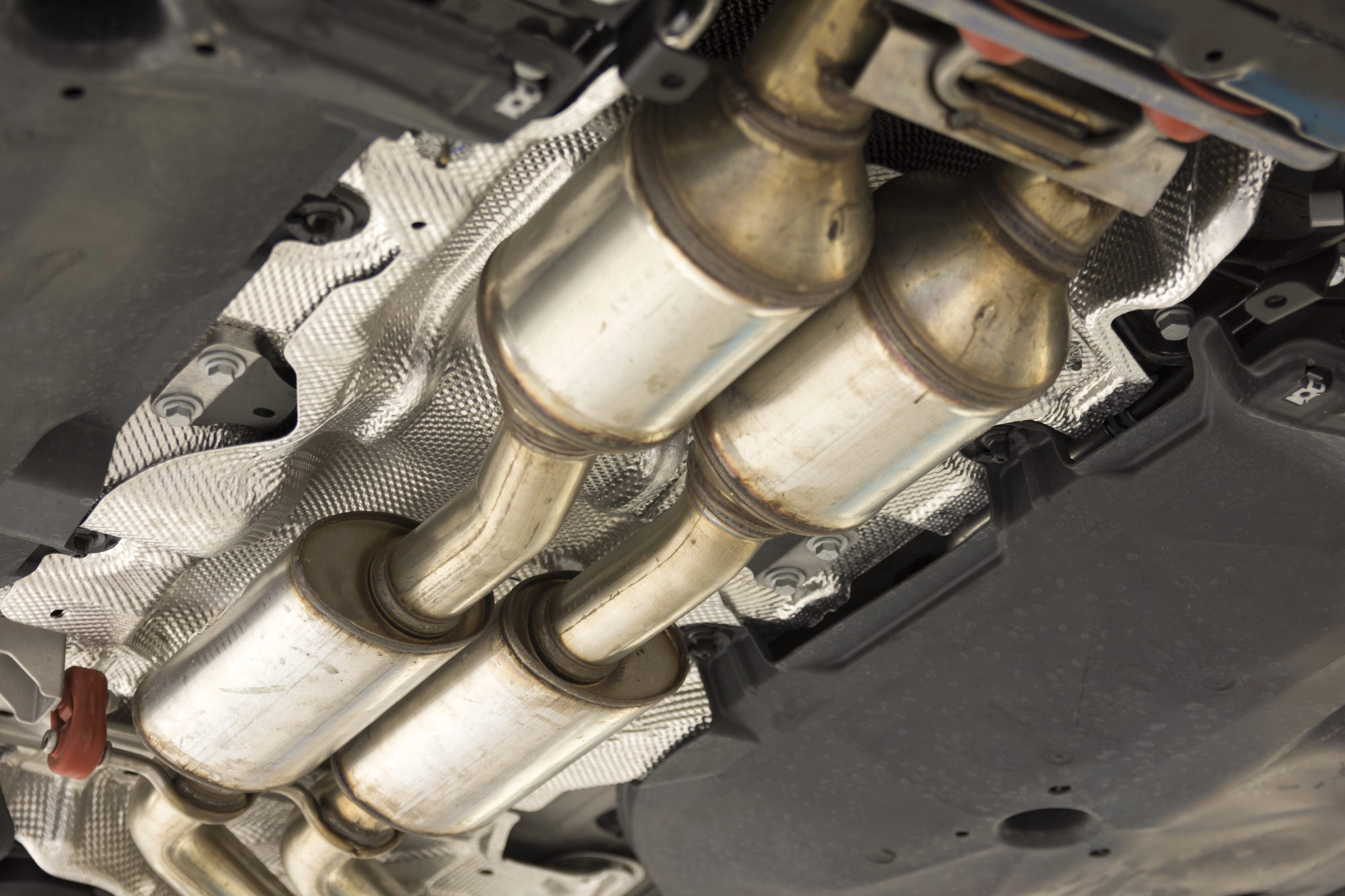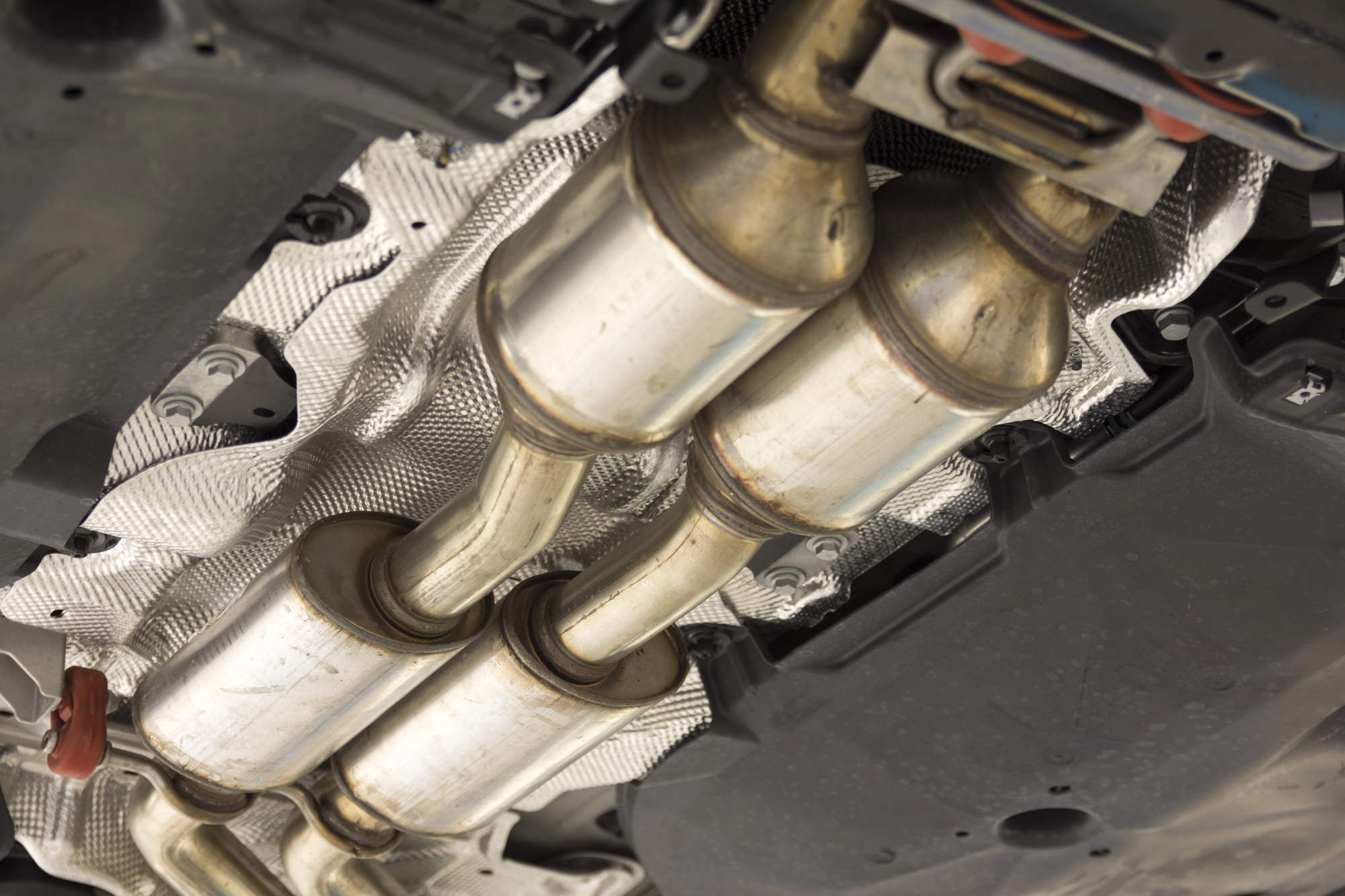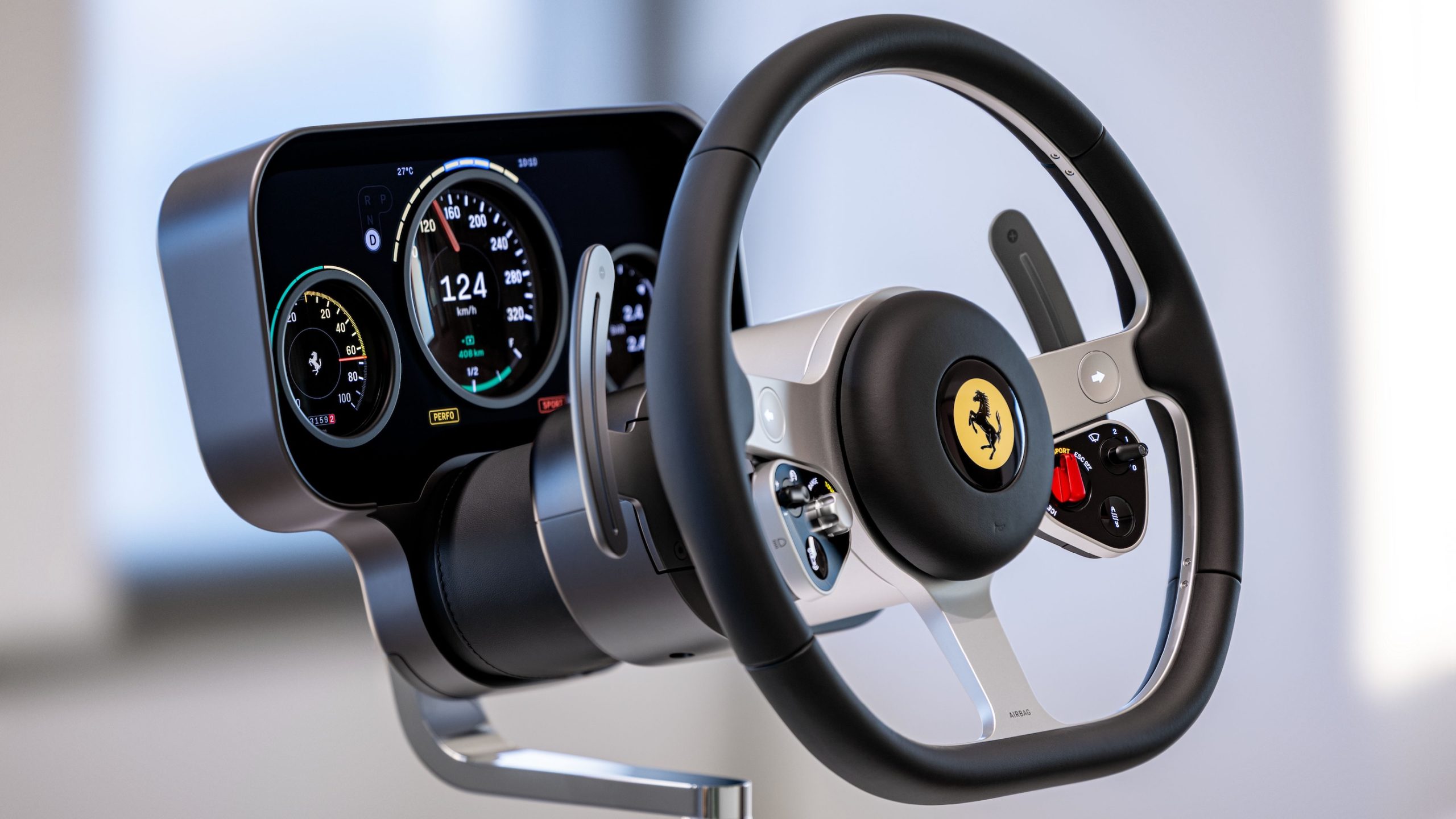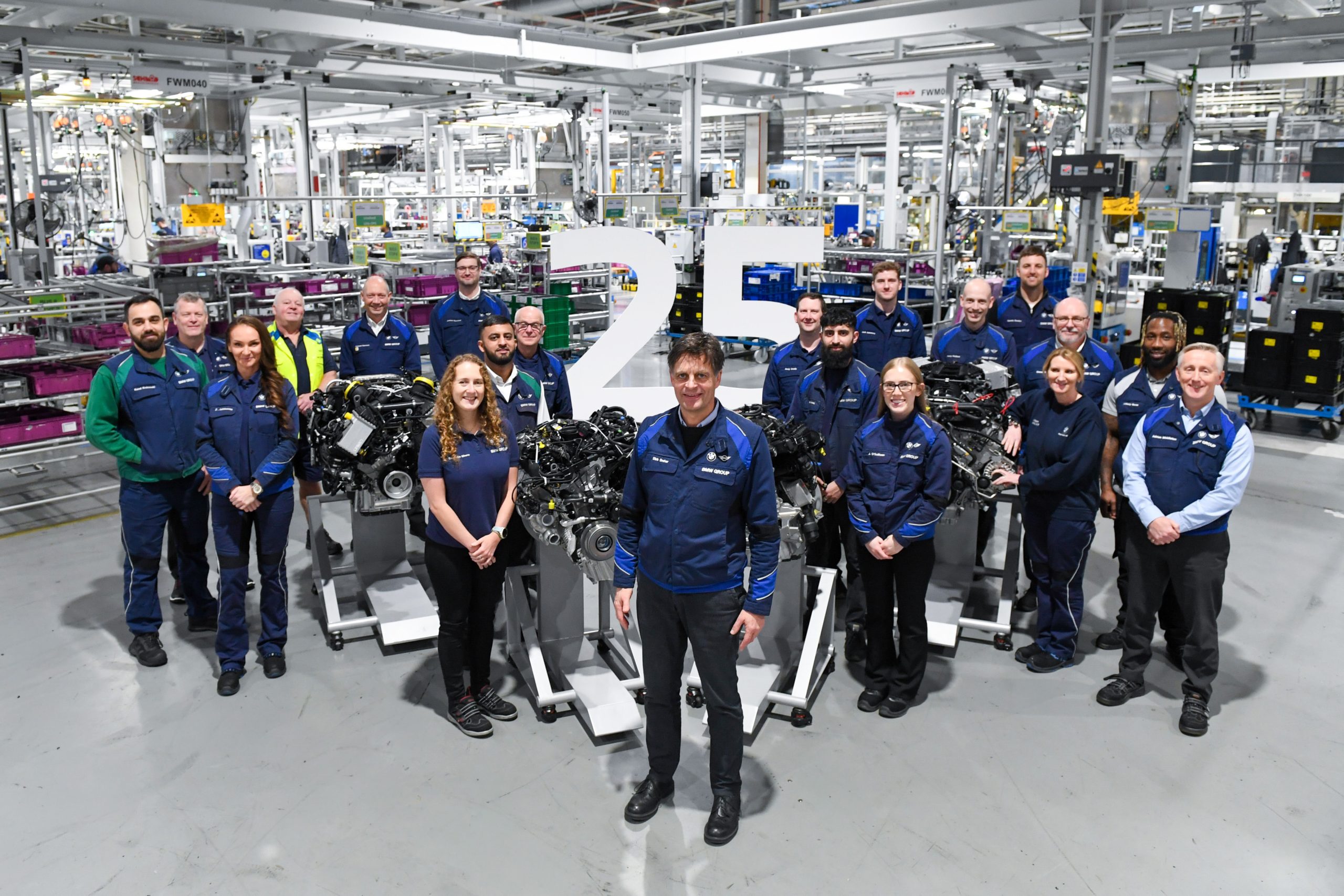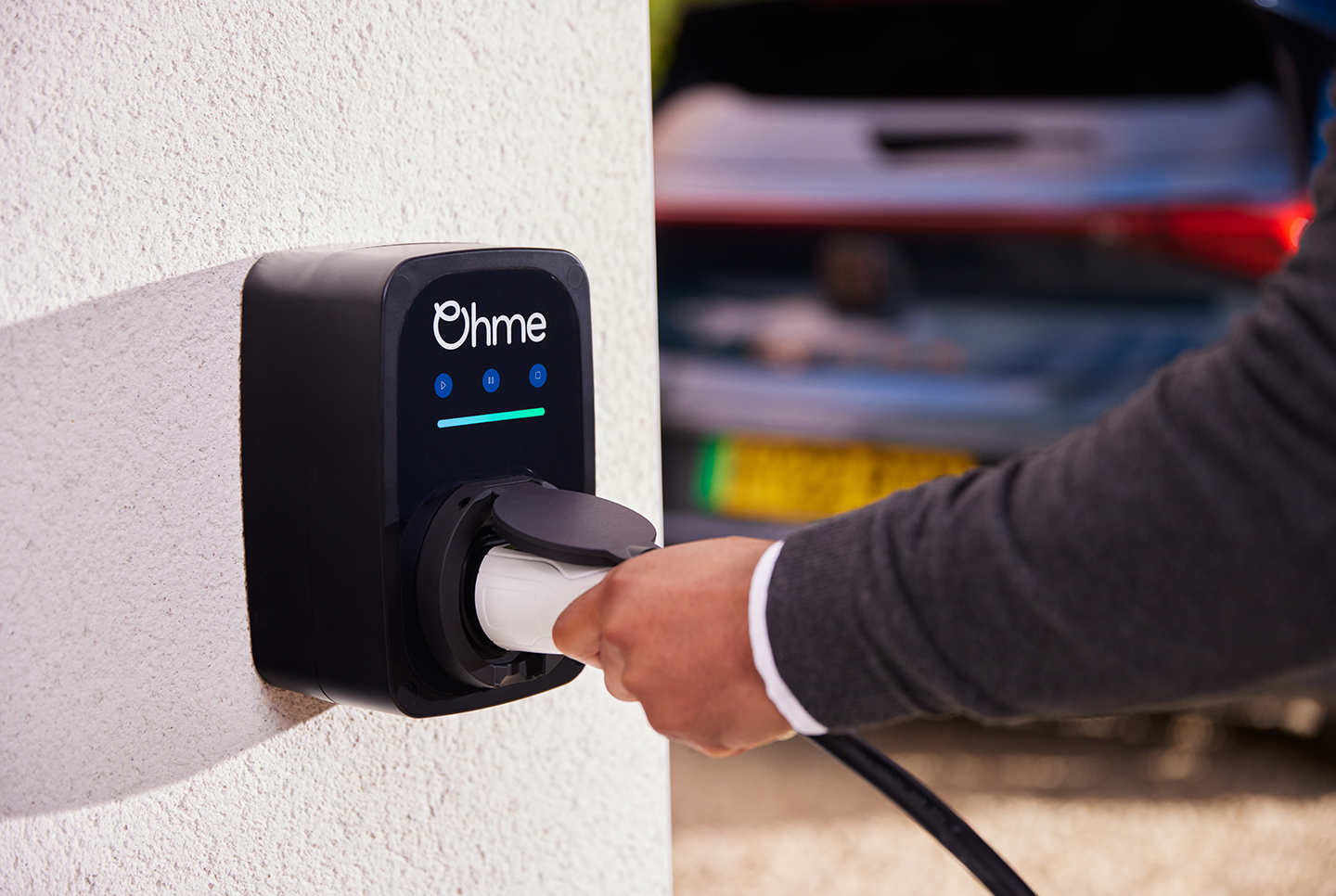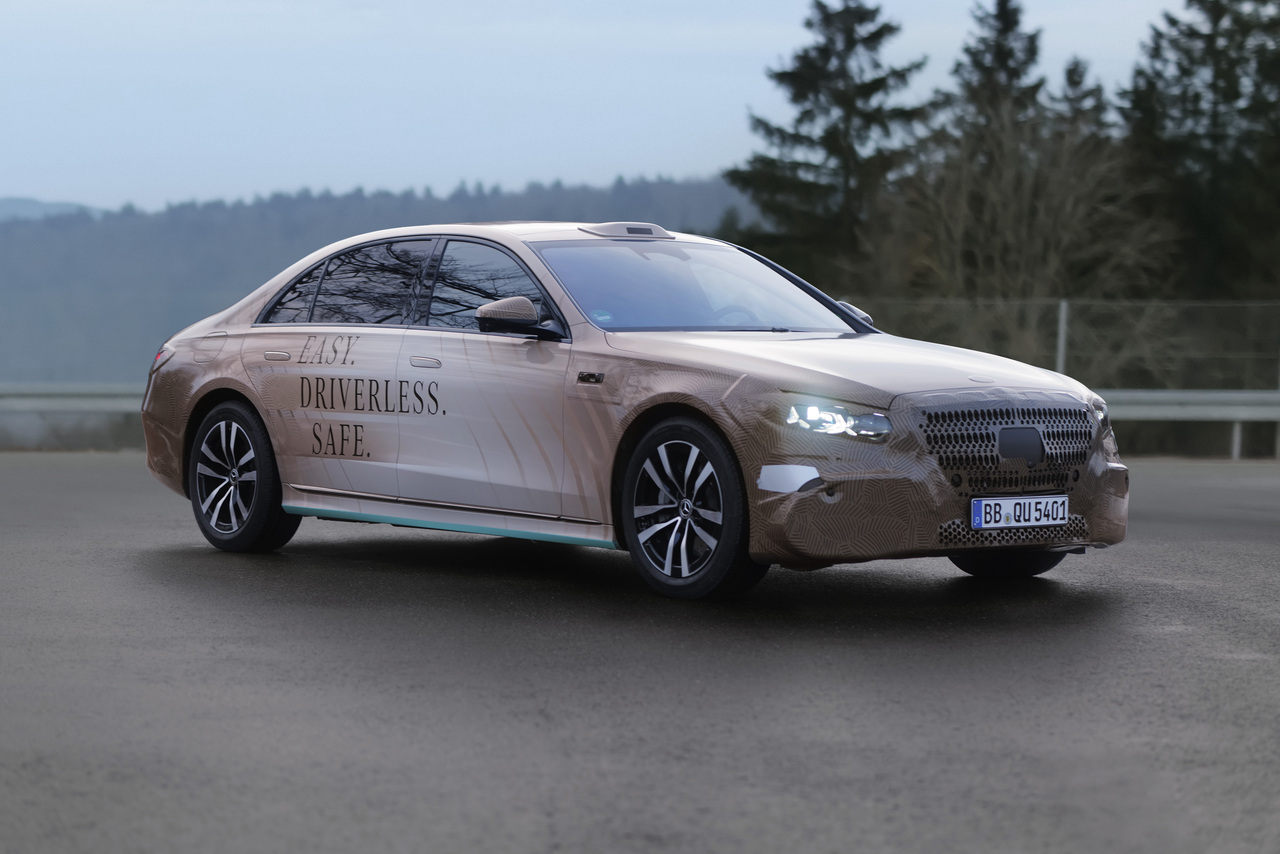Mercedes-Benz is the first automotive company to drive forward the “Renewable Carbon Initiative”
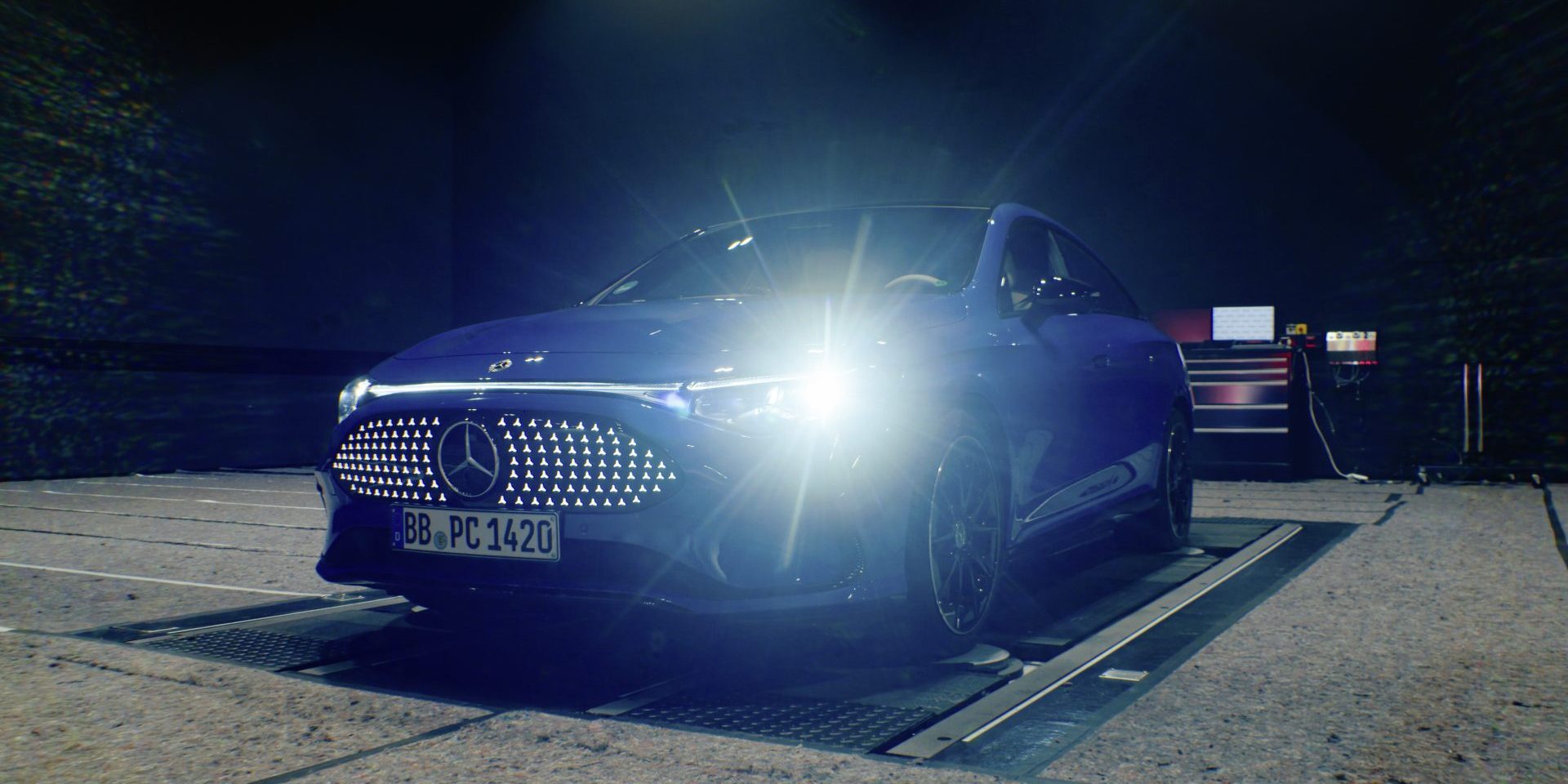
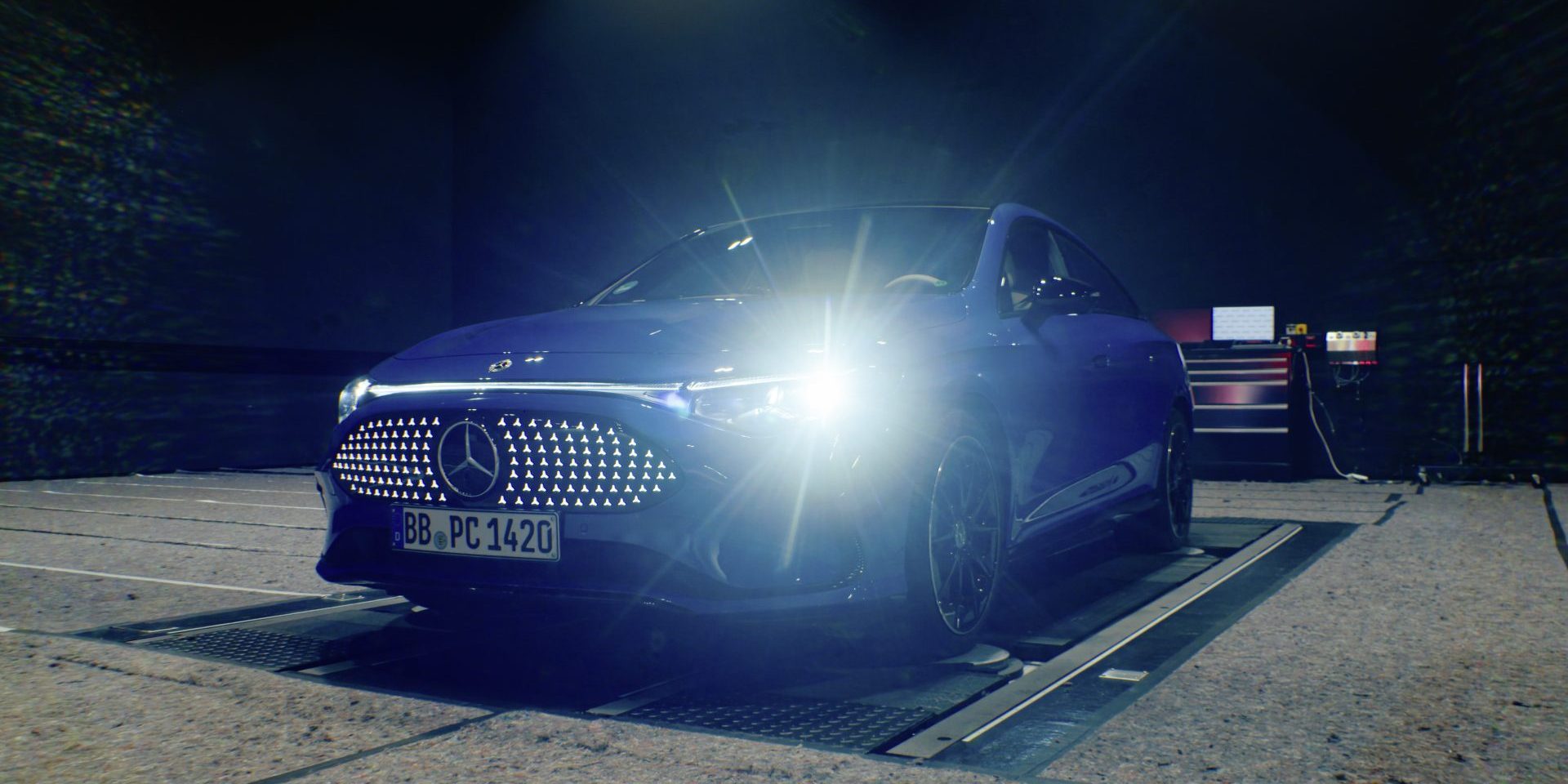
Mercedes-Benz is the first automotive company to join the “Renewable Carbon Initiative” (RCI), marking a pioneering step towards fossil-free vehicle components. Founded by the nova-Institute, the initiative brings together industry leaders from the chemical, energy and automotive sectors. Together, they share a common goal: to completely replace fossil-carbon sources with renewable alternatives derived from biomass, CO₂ utilization, and recycling.
Against the backdrop of growing public awareness of the need to reduce fossil resources and promote more sustainable alternatives, joining the “RCI” fits seamlessly into Mercedes-Benz’s commitment to responsible resource use. The focus here is on supporting the strategic pillar “Resource Use & Circular Economy”, which goes far beyond individual products. Together with partners such as BASF, Covestro, Michelin, Continental and WWF, Mercedes-Benz aims to develop innovative solutions for a carbon-based circular economy while eliminating the use of fossil resources.
Concrete pilot projects are already planned for 2026. Mercedes-Benz is exploring carbon capture and utilization for automotive plastics, bio-based carbon sources for components, and circular carbon solutions. These measures support the implementation of the sustainable business strategy and contribute to resource conservation, circularity and decarbonization.
“Joining the ‘Renewable Carbon Initiative’ is an important step in driving the transition to renewable carbon sources and working with strong partners to develop innovative, fossil-free solutions.”
Dr. Ulf Zillig, Vice President Group Research, Sustainability and RD Functions, Mercedes-Benz AG
By joining the “RCI”, Mercedes-Benz is purposefully expanding its circle of strategic partners to include innovative start-ups and leading institutes, further strengthening its innovation network for sustainable solutions across the entire value chain. In addition, in 2023, suppliers representing around 87 percent of Mercedes-Benz’s annual purchasing volume signed an Ambition Letter, agreeing to supply the company only with net carbon-neutral1 production materials in the future. With access to specialized renewable carbon technologies and networks, Mercedes-Benz can further accelerate the transformation of its supply chain.
Becoming a member of the “RCI” marks another milestone in Mercedes-Benz’s active role in shaping the transformation of the automotive industry. The company’s commitment to sustainability goes far beyond individual products: under the guiding principle of “Tomorrow drives Mercedes-Benz”, sustainability is firmly anchored in the business strategy and throughout the entire value chain.
If you enjoyed this article, be sure to follow us on Microsoft Start.

